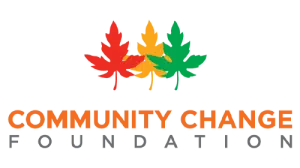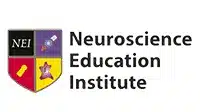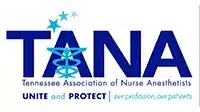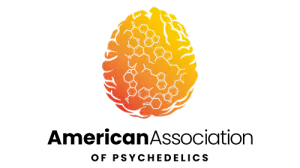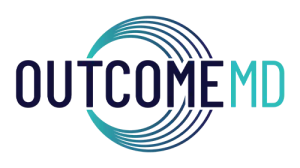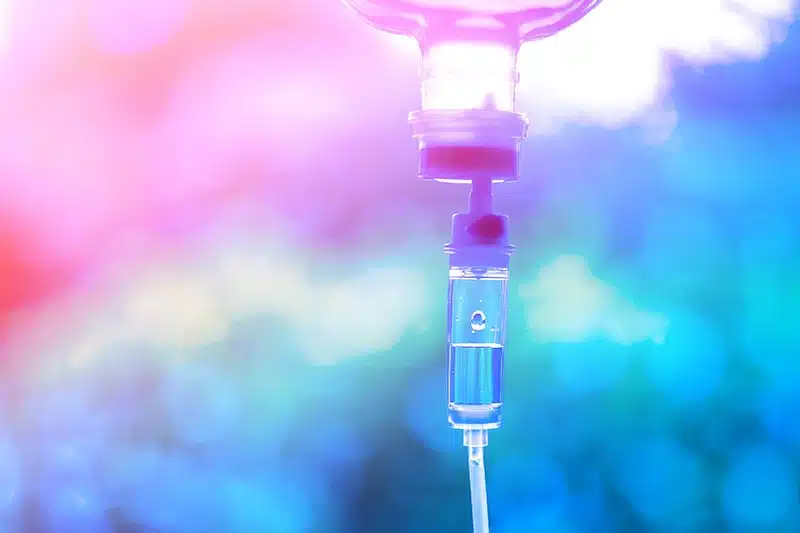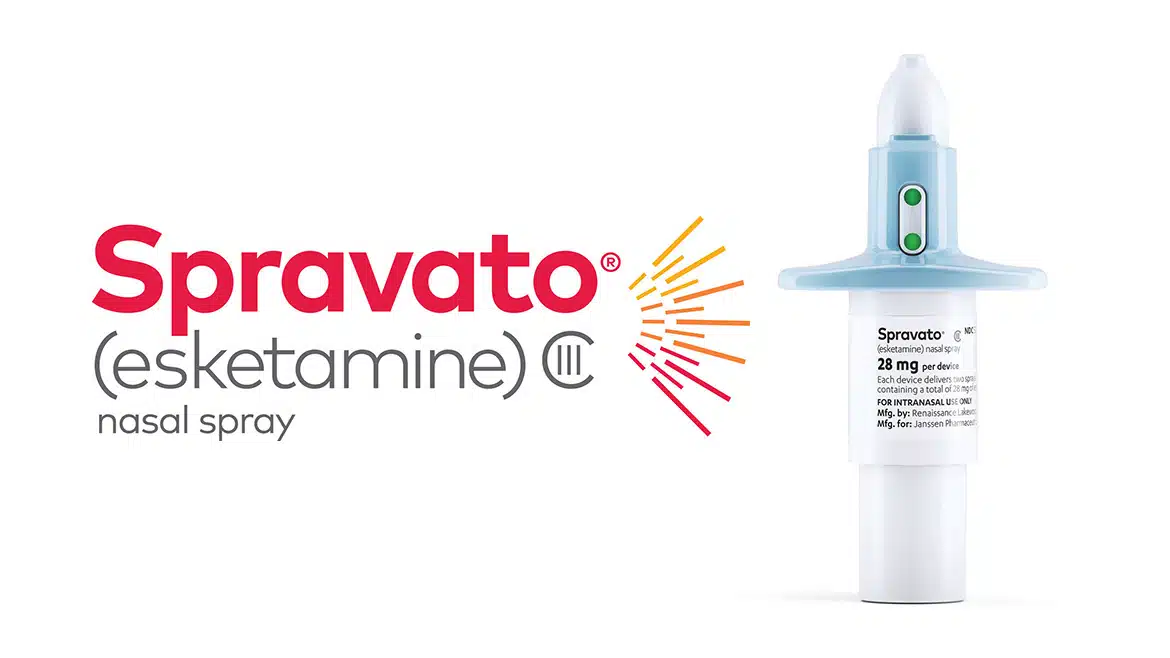- By:By Kathryn A. Walker
OCD
OCD - Beyond the Common Misconceptions
Obsessive-Compulsive Disorder, commonly known as OCD, is often trivialized and misinterpreted in popular culture. When many hear the term, their minds drift to quirky characters in movies who insist on symmetry or have a penchant for cleanliness. However, the actual implications of OCD extend far beyond these simple stereotypes.
OCD is a profound and complex mental health disorder affecting individuals from all walks of life, spanning every age group and demographic. It’s estimated that millions around the globe grapple with this condition, struggling daily with invasive, recurring thoughts known as obsessions. These obsessions aren’t merely passing worries or common fears; they’re intense, frequently distressing thoughts that can dominate one’s consciousness. In an attempt to quell or manage these obsessions, individuals with OCD often engage in repetitive behaviors or mental rituals termed compulsions. This cycle of obsessions and compulsions can be incredibly disruptive, impairing everyday functioning, relationships, and overall well-being.
It’s crucial to understand that OCD is not a choice, nor is it a quirky personality trait. It’s a serious condition, often rooted in a combination of genetic, neurological, and environmental factors. Treatment, therefore, necessitates a sophisticated and compassionate approach.
Enter Revitalist: At the forefront of contemporary mental health solutions, we are introducing an innovative therapeutic approach: Ketamine Infusion Therapy for OCD. Our dedicated team is passionate about leveraging the latest in medical science to offer renewed hope for those wrestling with OCD. Through this page, we invite you to explore the promising potential of ketamine treatment, diving deep into its mechanisms, benefits, and the profound difference it can make in the lives of OCD patients.
Understanding OCD
When broaching the subject of Obsessive-Compulsive Disorder (OCD), it’s essential to demystify the myriad misconceptions that frequently surround it. While some might think of it as merely a heightened sense of cleanliness or an affinity for order, the reality is starkly different and often more challenging.
OCD is an intricate mental health disorder characterized by two main components: obsessions and compulsions. Obsessions are unwanted, persistent, and often distressing thoughts, images, or urges. These are not just simple worries; they can be profoundly intrusive, hijacking one’s peace of mind. In response to these obsessions, an individual feels driven to perform certain behaviors or mental acts—these are the compulsions. For some, it might be washing their hands multiple times, for others, it could be mentally counting or praying, and for yet others, it might be checking something repeatedly. These compulsive actions are an attempt to mitigate the distress or prevent a feared event or situation, even if these actions are not connected to the obsessional fear in a realistic way or are excessive.
OCD is not about a mere preference for cleanliness or symmetry. It’s about an internal tug-of-war where the individual feels caught in a loop of disturbing thoughts and ritualistic behaviors, significantly impacting their daily life. Many with OCD recognize that their behaviors are irrational, but the compelling nature of the disorder makes breaking out of the ritualistic cycle exceedingly difficult.
As for its origins, OCD remains an area of ongoing research. The disorder likely arises from a tapestry of factors. Genetics play a role—those with a family history of OCD are at a higher risk. Neurologically, imbalances in certain areas of the brain and neurotransmitters have been linked to its manifestation. Environmental factors, traumatic events, and even certain infections have also been studied for potential connections.
Understanding OCD, in all its depth and nuances, is pivotal. Only with this understanding can we hope to offer the empathy, patience, and effective treatments that individuals with OCD truly need.
Ketamine - A New Hope for OCD Patients
The vast realm of mental health treatments has witnessed numerous evolutions and revolutions, and among the most groundbreaking of recent discoveries is the potential use of ketamine for conditions like Obsessive-Compulsive Disorder (OCD). Ketamine, which began its medical journey as an anesthetic in surgery and emergency settings, has now embarked on a new path, offering solace to those grappling with the entwined webs of mental health challenges.
Over the last few years, there’s been a surge in both interest and optimism surrounding ketamine’s role in treating mental health disorders. Renowned for its rapid-acting properties, especially in depression cases, its application in OCD treatment is a glimmer of hope for many. Traditional treatments for OCD primarily revolve around selective serotonin reuptake inhibitors (SSRIs) and cognitive-behavioral therapy (CBT). While effective for many, these interventions can sometimes fall short. SSRIs often require patience, as they might take weeks or even months to manifest noticeable changes. Moreover, not every patient responds favorably, leaving a subset in search of alternatives.
Enter ketamine. What sets it apart is its potential for swift symptom alleviation. Some patients report improvements within hours to days post-infusion, a timeline previously thought improbable in mental health treatments. Such rapid relief can be a game-changer, especially for those who’ve been enmeshed in the relentless cycle of OCD for extended periods. This quick response can boost morale, invigorate hope, and act as a foundation upon which further therapeutic interventions can be built.
Of course, it’s essential to note that ketamine is not a magic bullet or a one-size-fits-all remedy. But as part of a comprehensive, individualized treatment plan, it represents a significant advancement in our understanding and approach to mental health care, offering many OCD patients a fresh lease on a life less dominated by obsessions and compulsions.
How Does Ketamine Work for OCD?
Obsessive-Compulsive Disorder (OCD) is a multifaceted condition, and for many, traditional treatments offer only partial relief. As science delves deeper into the intricacies of the brain and mental health, ketamine emerges as a promising player in the therapeutic arsenal against OCD. But what mechanisms underpin ketamine’s potential benefits? Let’s unravel the science behind it.
NMDA Receptor Modulation: Central to ketamine’s action is its role as an NMDA (N-methyl-D-aspartate) receptor antagonist. The brain communicates through a vast network of neurotransmitters, with glutamate being a primary excitatory one. Overactivity of glutamate can lead to an array of neurological and psychiatric challenges, including the manifestations of OCD. Ketamine’s ability to block the NMDA receptors curtails the excessive glutamate activity, restoring a balanced neural environment.
Neuroplasticity: The Brain’s Resilience and Adaptability: One of the most exciting revelations in neuroscience is the concept of neuroplasticity—the brain’s innate ability to adapt, rewire, and forge new neural connections. Unlike a static machine, the human brain can reconfigure itself in response to experiences, learning, and external stimuli. Ketamine, by modulating neurotransmitter activity, facilitates this neural adaptability. For OCD patients, this means a potential reset, paving the way for reduced intensity and frequency of obsessions and compulsions, offering a brain more receptive to therapeutic interventions.
Mood Enhancement: Elevating the Emotional Landscape: A significant segment of those with OCD also grapple with mood disorders like depression. The intertwined nature of these conditions can often make treatment more challenging. Here, ketamine’s rapid antidepressant effects come into play. By elevating mood and alleviating depressive symptoms, ketamine not only addresses the coexisting mood disorder but also enhances the overall treatment efficacy for OCD. A buoyed mood can improve patient engagement in therapy, reinforce motivation, and provide a more holistic healing experience.
In sum, ketamine’s multifaceted mechanisms offer a fresh perspective and approach to treating OCD. While research is ongoing, the initial findings and patient testimonials paint a promising picture of a future where OCD’s grip can be substantially loosened.
The Revitalist Approach to Ketamine Treatment for OCD
1. Comprehensive Evaluation
Every individual’s journey with OCD is distinct, influenced by a plethora of factors, including genetics, life experiences, and even daily stressors. Our first step is to immerse ourselves in understanding the depth and breadth of this journey. Through meticulous assessments, we gather insights into the severity, triggers, and patterns of a patient’s OCD manifestations. This in-depth exploration ensures that our ketamine treatment is calibrated precisely to each individual’s needs, optimizing outcomes and enhancing therapeutic potential.2. Guided Ketamine Sessions
Navigating the world of ketamine therapy is unfamiliar territory for many. At Revitalist, we ensure that this journey is as comfortable and secure as possible. Every session unfolds within the comforting confines of our state-of-the-art facility, under the watchful eyes of our seasoned medical professionals. From the moment a patient steps in to the time they depart, every aspect of their well-being—physical, emotional, and psychological—is our utmost priority.3. Integration with Traditional Therapies
The power of ketamine, while significant, is exponentially magnified when coupled with traditional therapeutic modalities. We staunchly believe that ketamine is a tool in the larger therapeutic toolkit. By seamlessly integrating it with evidence-based approaches like CBT (Cognitive Behavioral Therapy), we ensure that patients receive a well-rounded treatment plan. This fusion of innovative and conventional methods offers a holistic pathway towards managing and potentially alleviating the challenges posed by OCD. In essence, the Revitalist approach is rooted in empathy, innovation, and a relentless commitment to ushering in brighter, OCD-minimized futures for our patients.Safety and Side Effects
Ketamine’s use in mental health treatments is backed by extensive research, but like all treatments, it comes with potential side effects. Some patients might experience nausea, dizziness, or heightened blood pressure. At Revitalist, safety is paramount. We monitor patients closely during sessions and are equipped to handle any side effects that might arise.
A Brighter Tomorrow with Revitalist
Obsessive-Compulsive Disorder (OCD) is not merely a challenge; for many, it feels like a perpetual shadow, looming large and dictating terms of daily life. The daunting nature of OCD, with its persistent obsessions and time-consuming compulsions, can sometimes make hope seem distant, almost unattainable. But the realm of medical science and therapeutic interventions is ever-evolving, and ketamine infusion therapy stands testament to that evolution.
At Revitalist, we perceive treatment not just as a clinical procedure, but as an intimate journey towards reclaiming oneself. Our commitment transcends beyond alleviating symptoms; it’s about rebuilding lives, restoring confidence, and rekindling hope. When you walk through our doors, you’re not just a patient; you’re a valued individual deserving of comprehensive care and understanding.
Our mission is simple yet profound: to illuminate a path towards a brighter, more manageable tomorrow. A tomorrow where the chains of OCD are weakened, if not broken. A tomorrow where daily routines aren’t dictated by incessant rituals, but by choice and joy. A tomorrow where the weight of intrusive thoughts is counterbalanced by moments of peace and clarity.
If you or a loved one find yourselves enmeshed in the intricate web of OCD, remember that help is at hand. Revitalist is not just a clinic; it’s a sanctuary for healing, growth, and transformation. Every journey starts with a single step. Let that step lead you to us, and together, let’s navigate the path to a more liberated, OCD-reduced existence. Your brighter tomorrow awaits.
Our Stories and Articles
Discover how Ketamine Therapy Depression Treatment is revolutionizing mental health care and transforming lives.
Introduction A Brief Overview of Depression and Its Impact on Society Depression is a common, yet serious, mood disorder that […]
Introduction to Spravato in Tampa FL, Knoxville TN and Johnson City TN Brief Overview of Spravato Spravato, also known as […]
Revitalist Offers a New Source of Relief
How Does Ketamine Work?
Ketamine has been shown to stimulate neuron growth in the brain in as quickly as one hour. Many scientists studying ketamine are focusing on the neurotransmitter glutamate, which plays an important role in neural activation.
Can My Doctor Refer Me To Revitalist?
The Revitalist Provider Portal allows your doctor to easily, and with much attention to privacy, refer you for consultation. Should you receive treatment, we will communicate with your existing provider(s) regarding your care.
How Soon Will My Symptoms Improve?
More than 70% of patients with treatment-resistant depression (including bipolar patients) experience rapid relief after a low-dose ketamine infusion. Similar success rates have been seen in returning combat veterans suffering from PTSD.
